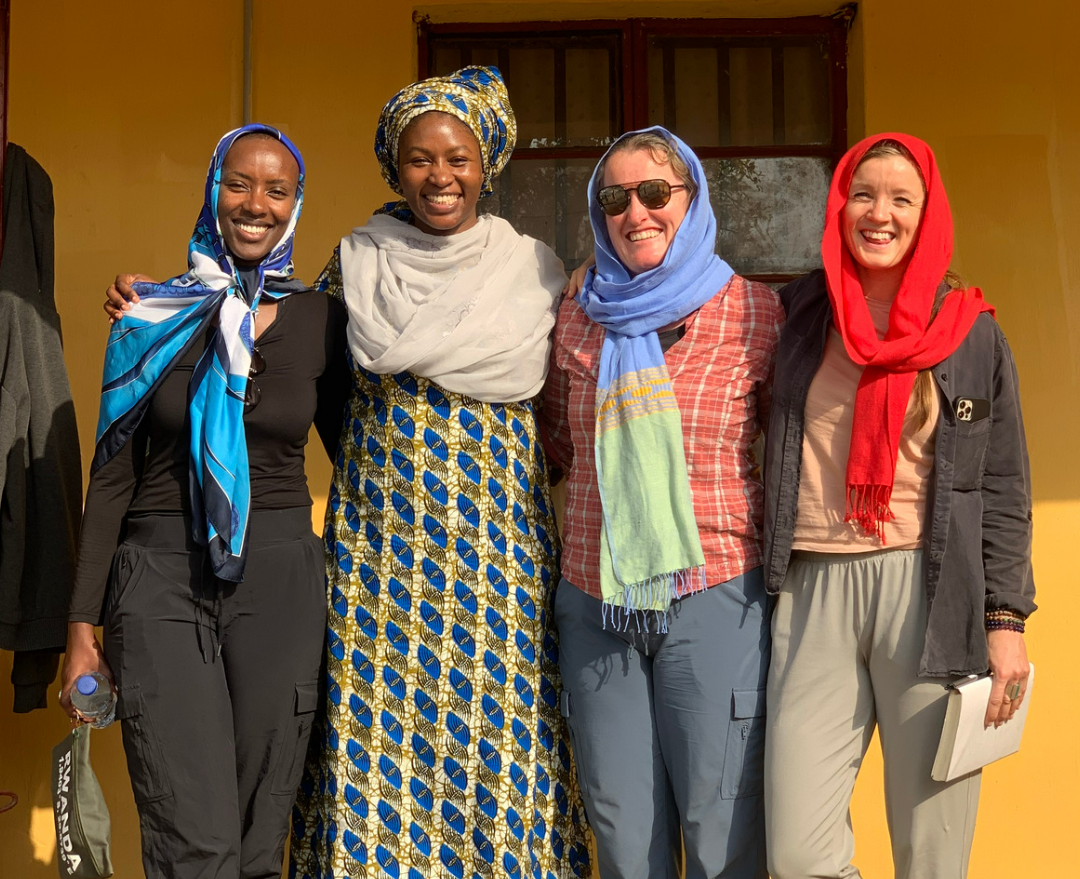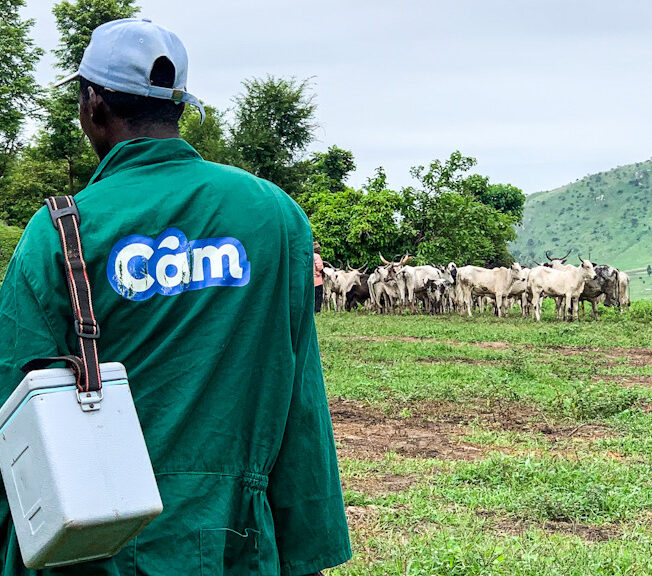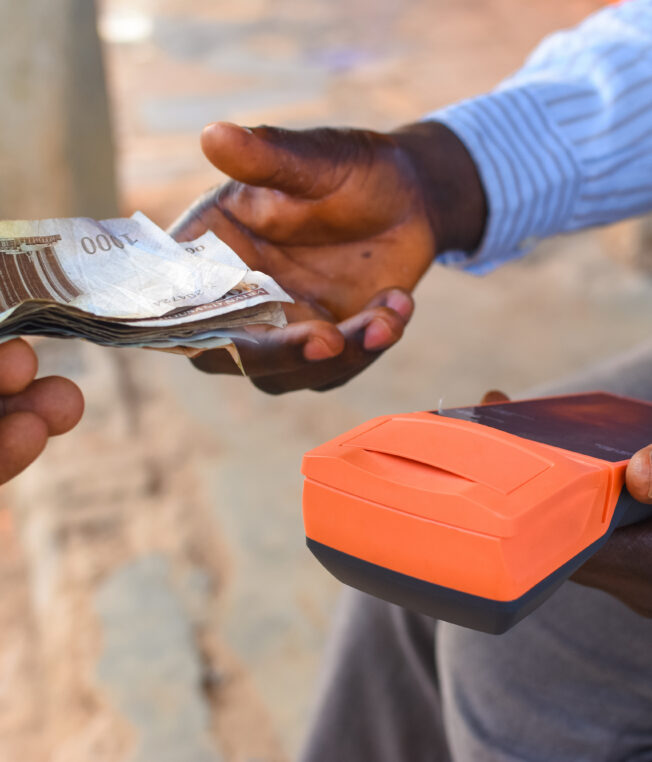THREE DAYS WITH MULAGO FOUNDATION
Earlier this year, The Mulago Foundation visited Câm to learn more about our social impact on pastoralist communities in Nigeria.

Earlier this year, The Mulago Foundation visited Câm to learn more about our social impact on pastoralist communities in Nigeria. During their visit, we gave the team (Kristin Gilliss Moyer, Avery Bang and Ineza Mutimura) a tour of Câm’s operations. We showed them around our factory, visited our demonstration farm and met with one of our pastoralists, Safiya Adamu. The trip was an opportunity to show them our pastoralist-driven dairy model and give them a taste of our fresh milk and yoghurts.
In Nigeria, we have 20.7 million cows owned mostly by the Fulani ethnic group. Milk is the primary source of income for these pastoralists. However, in recent times, these communities have faced numerous challenges including poor yields, declining animal health and limited opportunities to sell their raw milk. At Câm, our goal is to create a sustainable and scalable dairy industry that lifts 500,000 pastoralists out of extreme poverty.
Based in San Francisco, The Mulago Foundation invests in scalable solutions to address the basic needs of the very poor. Kristin Moyer shared her thoughts on the visit, she explains, “We think that Câm has a great solution to improve the lives of pastoralists in a way that’s also good for everyone, planet earth and people that consume Câm’s products.”
Our relationship with Mulago began in 2020.
Mulago’s interest in Câm began when they met Aisha Bashir, Câm’s founder and CEO, through the Arnold Rainer fellowship program for social enterprise founders.
Kristin shared,
“This is our first time meeting face-to-face and our first visit to Câm. We have provided some funding to Câm over the past couple of years to help test, explore and iterate on its new entrepreneurship model, which has been in the R&D phase and is worthy of philanthropic support. We want to help test what works for engaging pastoralists and what works for getting their milk all the way to a product that consumers are actually eating and drinking.”
Highlights from three action-packed days.
The visit to the Milk Aggregation Center and Field Office in Gwagwalada was a memorable moment for the team. We took them to meet our Câm Rangers, where they discussed the daily challenges of establishing dairy routes in rural Nigeria.
We introduced them to heads of the community and met with the women’s cooperative, where they saw the conditions in which the pastoralists live. They experienced the traditional methods for preparing Fura da Nono (a traditional Fulani meal made from fermented yoghurt and millet). These conversations gave them insights into the economic and social changes these communities are going through.
Kristin said,
“It’s been great to see where it all starts with cows and people. What’s really nice about seeing both ends of the process is the pride from the pastoralists and the communities we met. The pride in their cows and milk production is very similar to the pride the Câm team has in its fresh milk.”
After their adventure in the field, we returned to the factory where all of Câm’s milk is aggregated and processed. This was an opportunity for Kristin, Avery and Ineza to spend time with our Câmpions and learn about their roles in helping to build an emerging dairy industry.
When speaking about the opportunities for impact and growth within Câm’s model, Kristin said,
“The shift to Câm Rangers and a more entrepreneurial-driven approach to aggregating milk is really interesting. There has been so much progress in figuring out what that scalable model is and building the supply side. Now it’s time to figure out how to really build the demand side for production. It feels like the right moment for that and I think Câm is well-positioned because there’s a great team.”
Mulago’s visit was an exciting reminder of Câm’s impact on the lives of pastoralists and our progress towards establishing Nigeria’s dairy industry. We’re grateful for their support and look forward to welcoming them back again soon!


